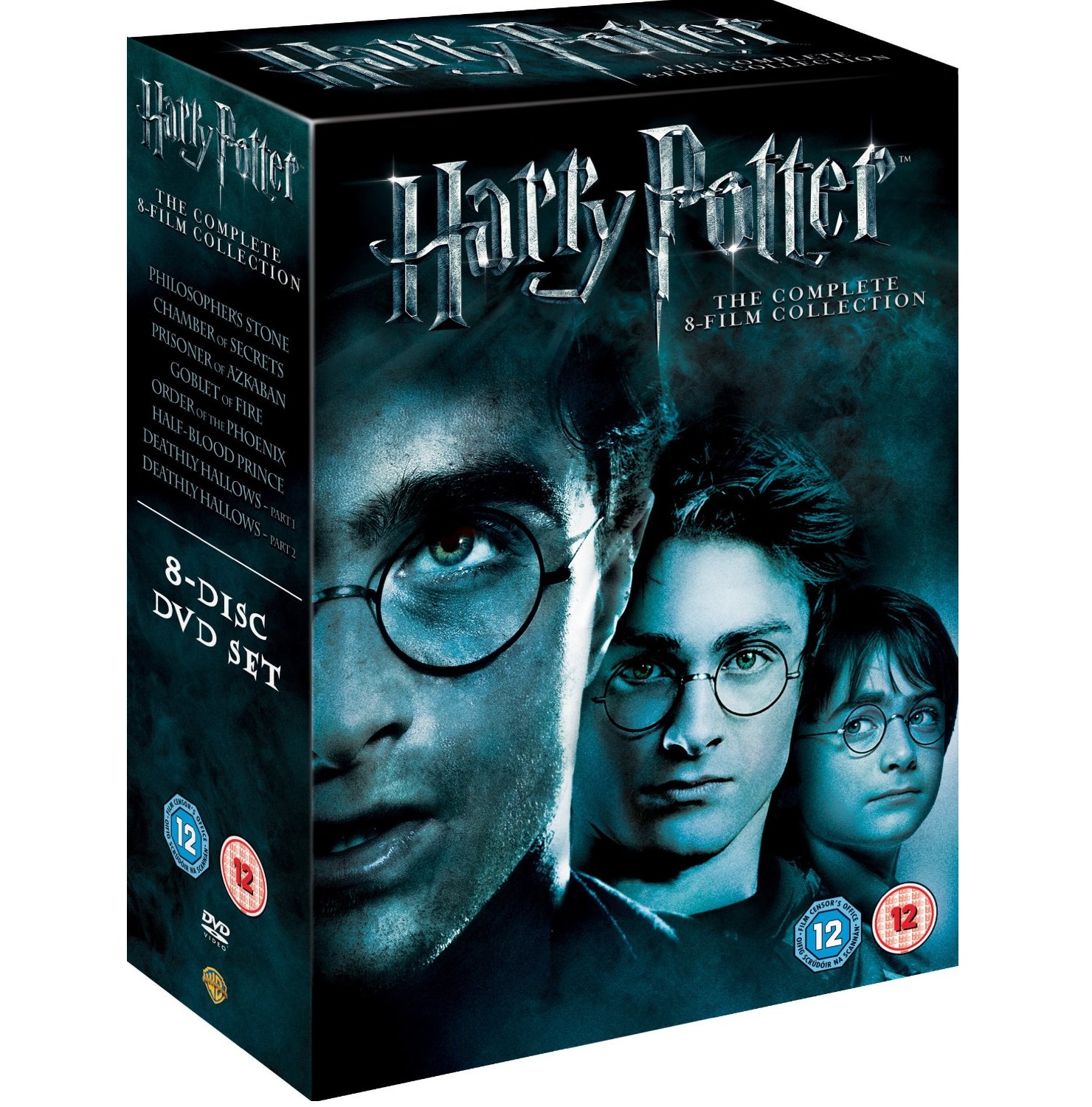

Music also plays a role in the types of humor that are represented in the films-from socially-sanctioned transgressions, to macabre, to bawdy, deadpan, and caricature.

Sometimes, the music provides clues to the mystery long before visuals and dialogue address them, and musical relationships (with visuals and within the music itself) allow us to perceive the properties and powers of magic and humanity that may otherwise transpire unseen. Music defines the way we perceive Harry's emotional experiences of love, joy, loss, and death, and also defines the philosophical perspectives on the nature of evil and its conquest. Music creates the geographic, cultural, and temporal landscapes that draw us in to Harry's 'muggle' and magical worlds. Moreover, when we explore how music is used in varied ways within the films, we see how each musical approach shapes film visuals into the narrative that the filmmakers sought to convey when the music changes, the story changes. This study provides a rare opportunity to examine the work of different composers for a continuing narrative. I establish that the aesthetic differences that viewers perceive between the different Harry Potter films are largely due to the musical approaches of composers John Williams, Patrick Doyle, and Nicholas Hooper over the course of four director/composer collaborations for the first five films. Despite the immense popular and critical response given to the Harry Potter narrative and phenomenon, little has been written about the music for the Harry Potter films.


 0 kommentar(er)
0 kommentar(er)
